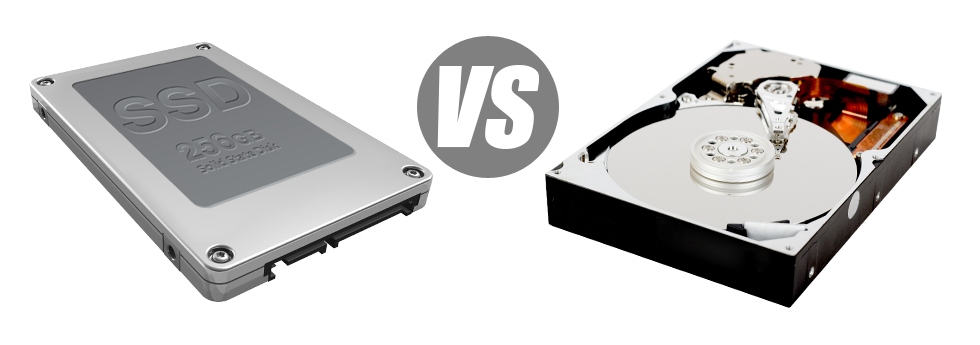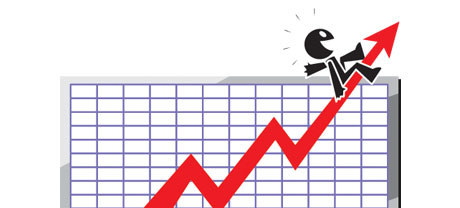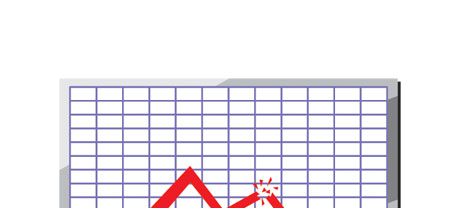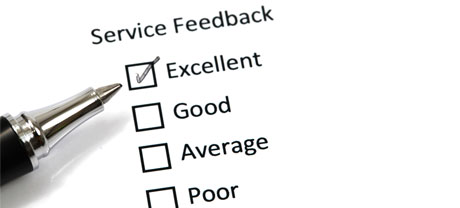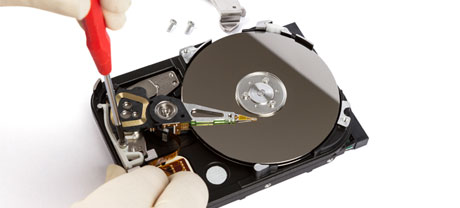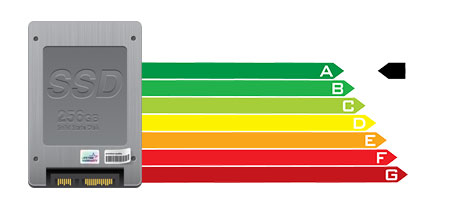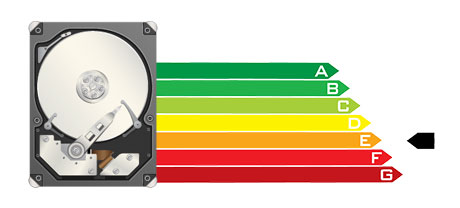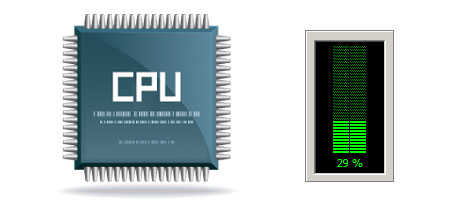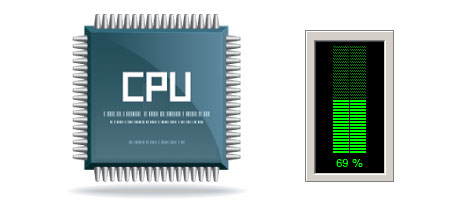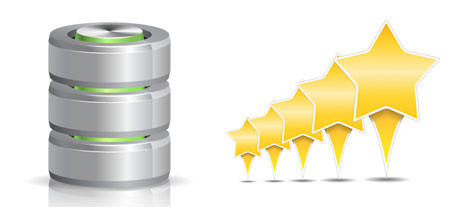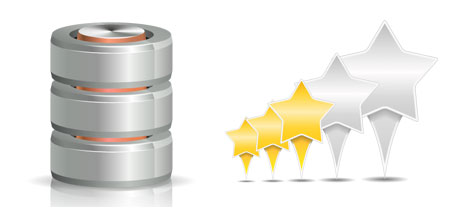Once you have a web site as well as an web app, speed is extremely important. The swifter your site works and then the quicker your web apps perform, the better for everyone. Because a website is simply a number of files that connect with one another, the devices that store and access these data files have a vital role in web site effectiveness.
Hard disk drives, or HDDs, have been, right until the past several years, the more effective devices for storing information. However, in recent years solid–state drives, or SSDs, are actually gaining popularity. Have a look at our evaluation chart to find out whether HDDs or SSDs are more effective for you.
1. Access Time
Because of a revolutionary new approach to disk drive general performance, SSD drives enable for much faster file accessibility speeds. With an SSD, data file access instances are much lower (as low as 0.1 millisecond).
HDD drives continue to makes use of the exact same general data file access concept which was initially developed in the 1950s. Although it was noticeably improved since then, it’s sluggish as compared to what SSDs are offering. HDD drives’ data file access speed can vary somewhere between 5 and 8 milliseconds.
2. Random I/O Performance
On account of the very same revolutionary technique that allows for faster access times, it’s also possible to get pleasure from improved I/O effectiveness with SSD drives. They are able to accomplish two times as many functions within a given time as opposed to an HDD drive.
An SSD can manage a minimum of 6000 IO’s per second.
Having an HDD drive, the I/O performance steadily increases the more you use the disk drive. However, once it reaches a specific cap, it can’t get quicker. And due to the now–old concept, that I/O cap is significantly lower than what you can have with an SSD.
HDD can only go as far as 400 IO’s per second.
3. Reliability
The absence of moving elements and spinning disks in SSD drives, as well as the current advancements in electronic interface technology have resulted in an extremely less risky data storage device, having a common failure rate of 0.5%.
Since we have already noted, HDD drives use spinning disks. And something that utilizes numerous moving elements for prolonged time frames is prone to failing.
HDD drives’ typical rate of failure varies among 2% and 5%.
4. Energy Conservation
SSD drives operate nearly soundlessly; they don’t create surplus heat; they don’t mandate extra cooling down options and use up a lot less electricity.
Tests have established the typical electric power utilization of an SSD drive is amongst 2 and 5 watts.
From the second they have been created, HDDs have always been quite energy–greedy systems. When you’ve got a hosting server with many HDD drives, it will raise the regular electric bill.
Typically, HDDs take in somewhere between 6 and 15 watts.
5. CPU Power
SSD drives allow for faster file access rates, which, in turn, allow the processor to accomplish data file requests much quicker and then to return to additional duties.
The regular I/O wait for SSD drives is only 1%.
By using an HDD, you need to dedicate time awaiting the results of your data file ask. This means that the CPU will remain idle for additional time, looking forward to the HDD to respond.
The regular I/O wait for HDD drives is about 7%.
6.Input/Output Request Times
In the real world, SSDs conduct as admirably as they performed during WebsiteHosting.icu’s checks. We competed an entire system back–up on one of our own production machines. During the backup operation, the typical service time for any I/O queries was basically under 20 ms.
With the same hosting server, however this time loaded with HDDs, the outcome were very different. The normal service time for an I/O request changed in between 400 and 500 ms.
7. Backup Rates
Referring to back–ups and SSDs – we have noticed a substantual development with the backup rate as we switched to SSDs. Currently, a regular hosting server data backup requires simply 6 hours.
We made use of HDDs exclusively for quite a while and we’ve pretty good familiarity with exactly how an HDD works. Generating a backup for a hosting server equipped with HDD drives will take about 20 to 24 hours.
With WebsiteHosting.icu, you can get SSD–operated hosting services at good prices. The shared hosting plans as well as the VPS can include SSD drives by default. Go in for an account with us and witness how your websites will become far better straight away.
Hepsia
- Live Demo
Service guarantees
- Each of our Virtual Private Servers is installed for you at no cost. 99.9% network uptime. Full root and SSH access.
Compare our prices
- Find out more about our prices and choose the very best Virtual Private Server for your powerful web sites. You can migrate to a more powerful VPS configuration with only a click.
- Compare our hosting plans
Contact Us
- Our representatives are on duty for you round the clock to respond to any questions regarding our VPS solutions. 60–min response time warranty.
